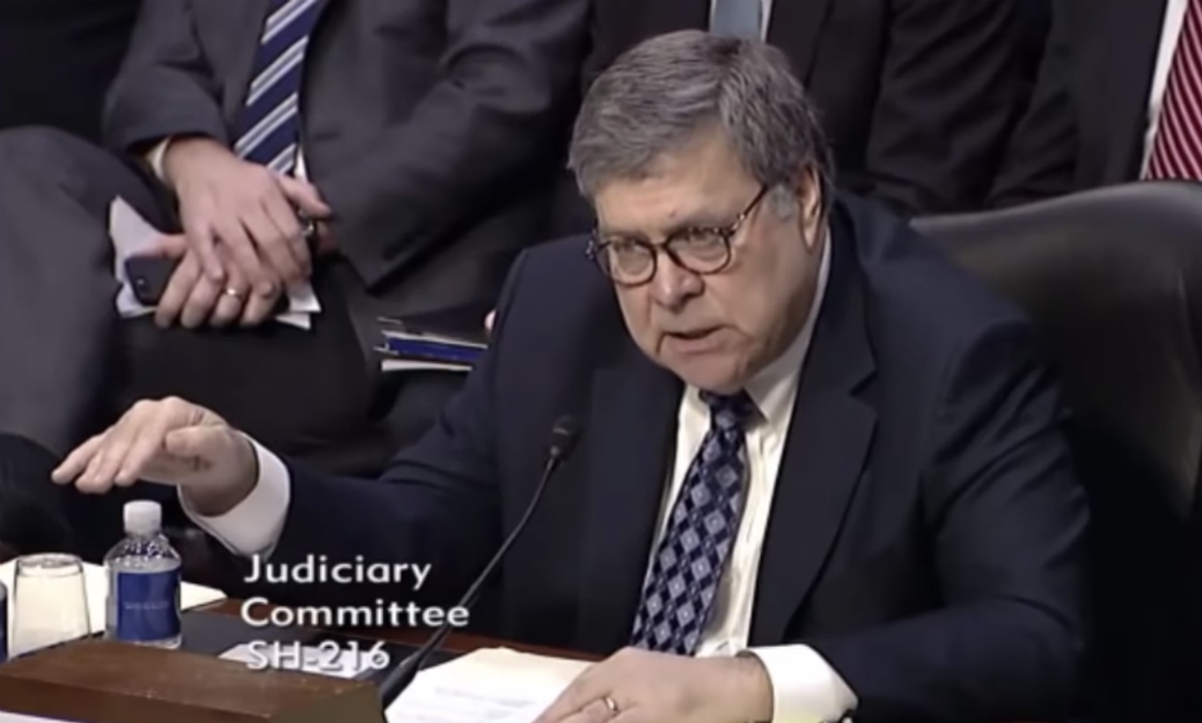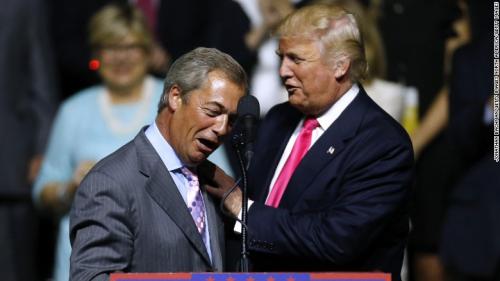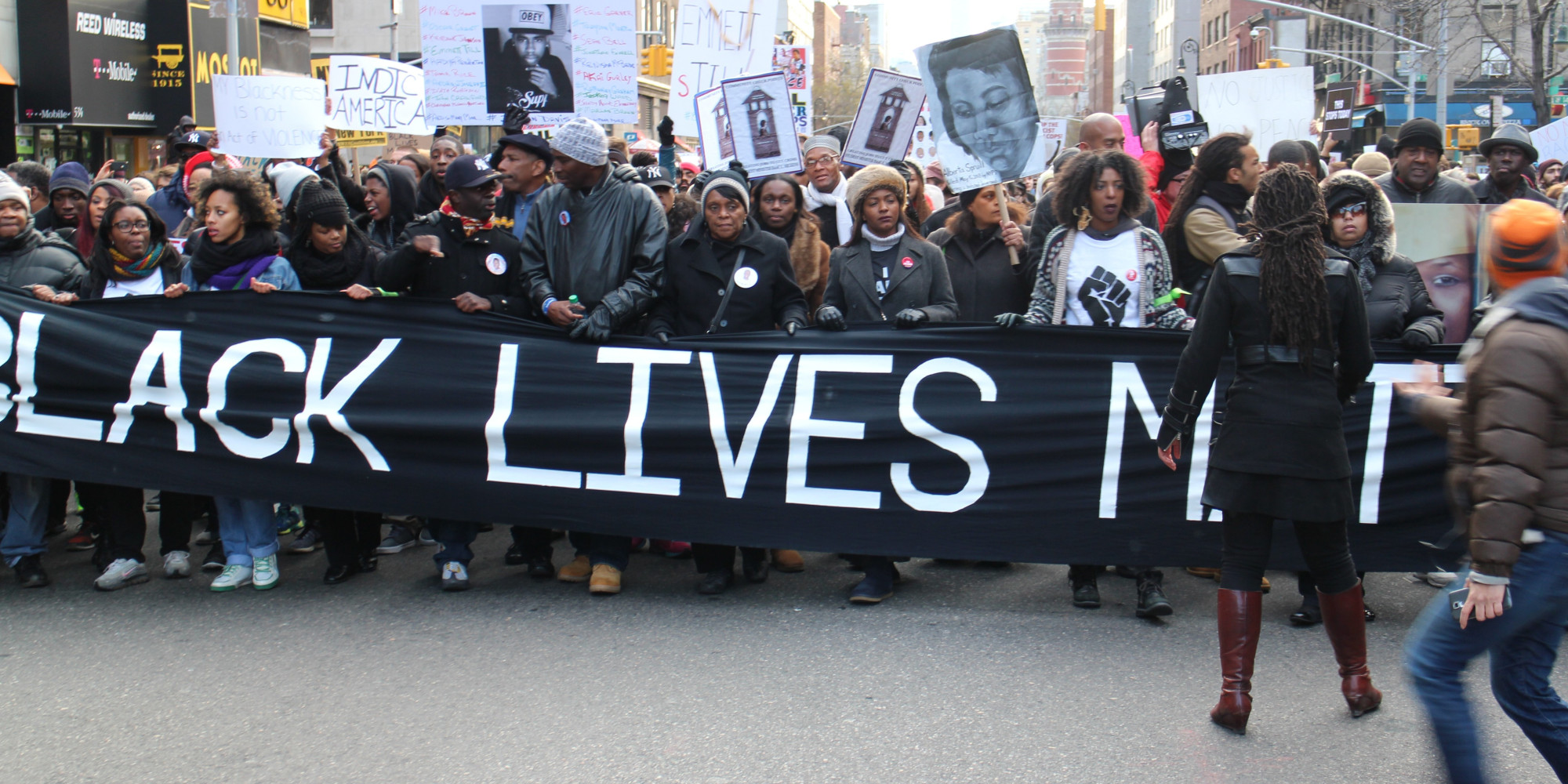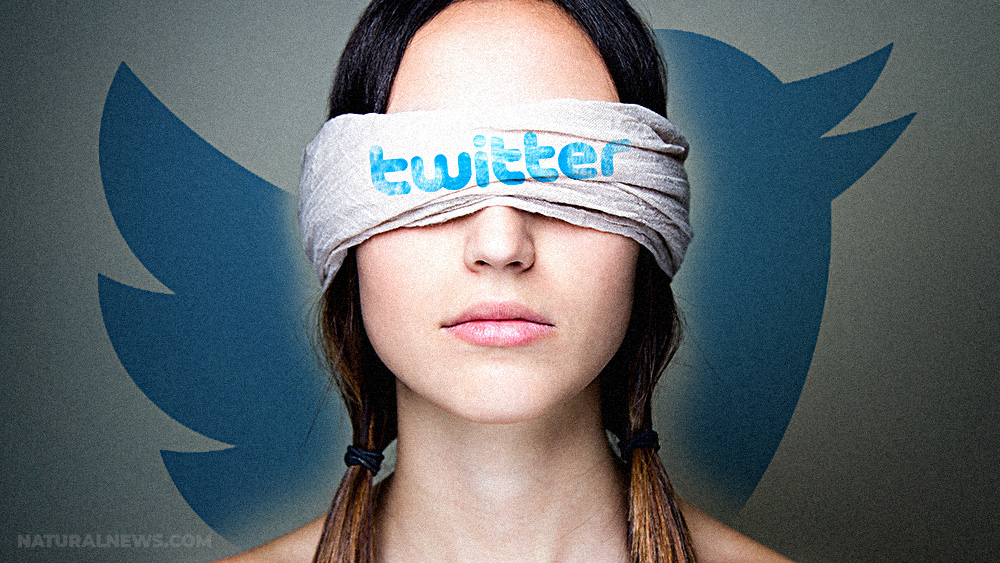US Attorney General Barr: Big tech ‘clearly … engaged in censorship’
06/16/2020 / By News Editors

U.S. Attorney General William Barr backed the calls of President Donald Trump and conservatives to rein in social media companies on Tuesday, agreeing that the likes of Facebook and Twitter are restricting speech like publishers rather than the open forums they claim to be.
(Article by Calvin Freiburger republished from LifeSiteNews.com)
“Clearly, these entities are now engaged in censorship,” Barr told Fox News’ Brett Baier in an interview. And they originally held themselves out as open forums where people, where the third parties could come and express their views, and they built up a tremendous network of eyeballs. They had a lot of market power based on that presentation.”
“And now they are acting much more like publishers,” he explained, “because they’re censoring particular viewpoints and putting their own content in there to diminish the impact of various people’s views.”
Pressed about potential remedies, Barr said the administration was “looking, as many others are, at changing Section 230 (of the federal Communications Decency Act), which is a rule that provides some protection for these companies,” though he acknowledged that changing it would require an act of Congress.
Twitter set off a firestorm last month when it placed a “fact-check” on a Trump tweet pertaining to the fraud potential of mail-in voting, then censoring another tweet stating that “when the looting starts, the shooting starts,” pertaining to the Minneapolis riots. The company claimed that the tweet was “glorifying violence.”
In response, the president signed an executive order aimed at tweaking how federal agencies interpret and enforce Section 230, which immunizes websites from potentially being held liable for the third-party content they host. The order essentially directs the Federal Communications Commission (FCC) to propose an administrative rule that would “spell out what it means for the tech giants to carry out their takedown policies ‘in good faith,’” national security attorney Stewart Baker explained.
A more significant modification of the rule, such as language turning the implicit assumption that such platforms would be politically neutral into an explicit prerequisite for immunity, will not make it out of the current Congress, but is high on the wish lists of many conservatives for next year, if Trump wins reelection and Republicans keep the Senate while retaking the House of Representatives.
In addition to Twitter, Facebook has a documented history of suppressing conservative content under vague or false pretenses. Multiple analyses have found that algorithm changes instituted at the beginning of 2018 disproportionately impacted conservative politicians and websites. Last year, an insider revealed that Facebook “deboosts” traffic to several mainstream conservative sites.
Most recently, Facebook has made itself an arbiter of “misinformation” and “harmful” speech related to the COVID-19 outbreak, with critics objecting that Facebook has crossed the line from merely quashing objectively false claims to censoring legitimate protest organizing and factual information that conflicts with the interests of the World Health Organization, which has been accused of covering for the Chinese government’s complicity in letting COVID-19 spread across the world.
Though not a social media platform, Amazon has come under similar fire for discriminating against books from conservatives and/or viewpoints perceived to be right-of-center, from banning the sale of books that promote reparative therapy for overcoming unwanted homosexual attraction, to most recently temporarily banning a COVID-19 booklet from investigative journalist and lockdown skeptic Alex Berenson.
Read more at: LifeSiteNews.com and BigTech.news.
Tagged Under: Big Tech, Censorship, corporations, deception, Facebook, lies, mainstream media, politics, Social media, Twitter, William Barr
RECENT NEWS & ARTICLES
COPYRIGHT © 2018 SPEECHPOLICE.NEWS
All content posted on this site is protected under Free Speech. SpeechPolice.news is not responsible for content written by contributing authors. The information on this site is provided for educational and entertainment purposes only. It is not intended as a substitute for professional advice of any kind. SpeechPolice.news assumes no responsibility for the use or misuse of this material. All trademarks, registered trademarks and service marks mentioned on this site are the property of their respective owners.



















